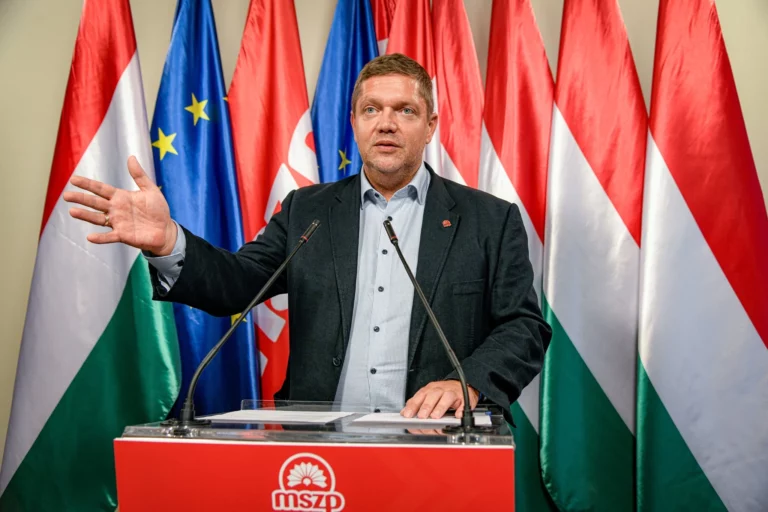Europe
Grim survey results: Hungary least happy country in the region

Huge announcement: China to offer visa-free travel to Hungarians!

Most glamorous European cities in 2024: Budapest included in prestigious list

Uncovering foreign presence: Regulations and statistical insights on immigration in Hungary

Fidesz: New EU migration pact would leave Europe wide open to illegal migration

House Speaker Kövér: Every western nation is victim of mental and cultural aggression

Minister Nagy: Hungary fully rejects GMO products

Azbej discusses joint efforts to mitigate crises in Europe, Africa

Fidesz MEP: National Consultation indicates Hungarians’ support for peace

EU had enough of Hungary’s antics, PM Orbán may lose his veto right

Hungarian gas prices five times the market value

This German province is a crucial investment and trade partner for Hungary

President Novák declares 2024 the Year of Movement

Budapest voted one of the best cities in the world, ahead of Dubai!

International community should ensure free navigation and trade at sea

Fidesz politician: ‘EP left-liberal majority passes judgment without evidence’

Hungarian FM: W Europeans want to undermine CEE’s competitive edge

Hungarian socialists urge opposition to unite





 ZH
ZH IT
IT DE
DE HR
HR NL
NL FR
FR JA
JA RO
RO RU
RU ES
ES TR
TR
